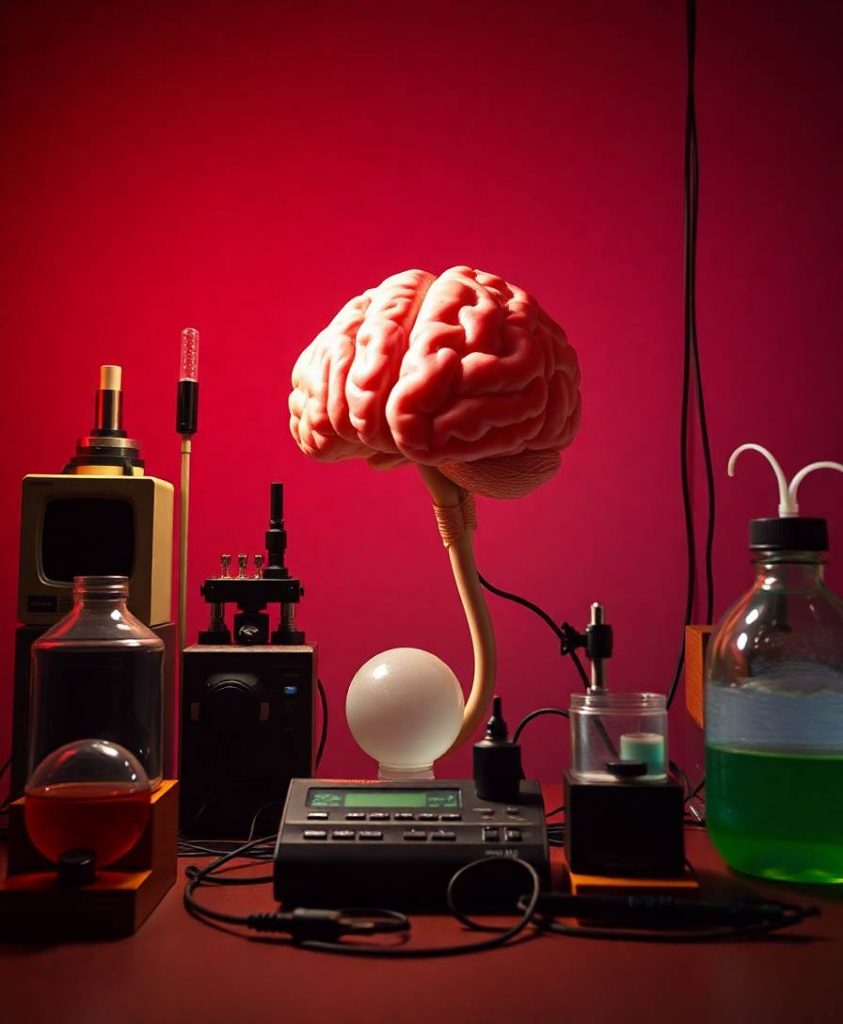Mitigating Computer Limitations in Replicating Numerical Simulations of a Neural Network Model With Hodgkin-Huxley-Type Neurons
Computational experiments have been very important to numerically simulate real phenomena in several areas. Many studies in computational biology discuss the necessity to obtain numerical replicability to accomplish new investigations. However, even following well-established rules in the literature, numerical replicability is unsuccessful when it takes the computer’s limitations for representing real numbers into consideration. In this study, we used a previous published recurrent network model composed by Hodgkin-Huxley-type neurons to simulate the neural activity during development. The original source code in C/C++ was carefully refactored to mitigate the lack of replicability; moreover, it was re-implemented to other programming languages/software (XPP/XPPAUT, Python and Matlab) and executed under two operating systems (Windows and Linux). The commutation and association of the input current values during the summation of the pre-synaptic activity were also analyzed. A total of 72 simulations which must obtain the same result were executed to cover these scenarios. The results were replicated when the high floating-point precision (supplied by third-party libraries) was used. However, using the default floating-point precision type, none of the results were replicated when compared with previous results. Several new procedures were proposed during the source code refactorization; they allowed replicating only a few scenarios, regardless of the language and operating system. Thus, the generated computational “errors” were the same. Even using a simple computational model, the numerical replicability was very difficult to be achieved, requiring people with computational expertise to be performed. After all, the research community must be aware that conducting analyses with numerical simulations that use real number operations can lead to different conclusions.
Aiyana is an Indigenous educator from Alberta, with a background in environmental science and community wellness programs. She volunteers as an author to explore how traditional knowledge intersects with modern neuroscience to unlock human resilience and potential.



